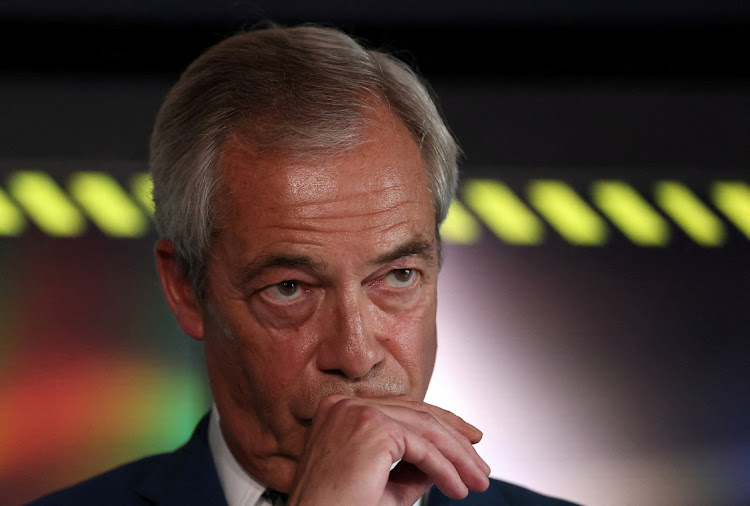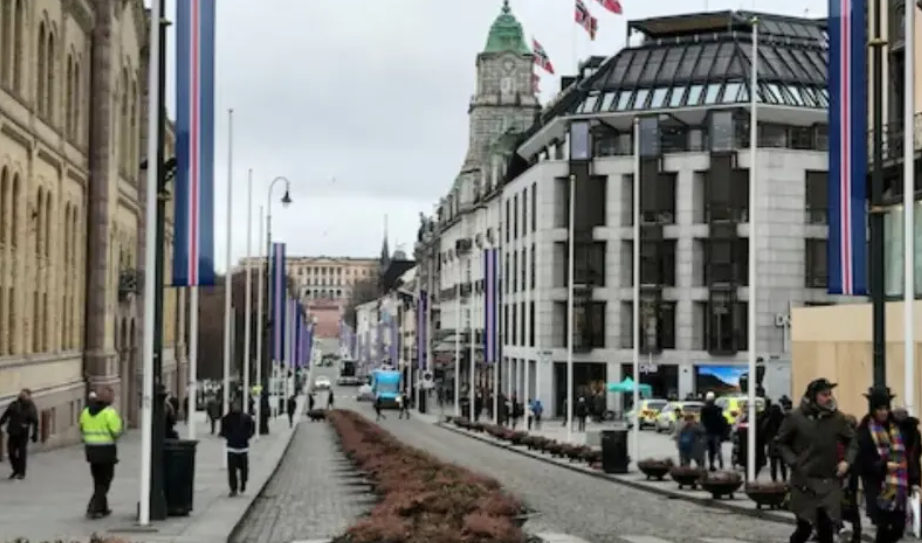WORLD NEWS

Reform UK leader Nigel Farage has ignited fierce debate after announcing his party’s plan to repeal Britain’s human rights laws and withdraw from the European Convention on Human Rights (ECHR) to allow for mass deportations of asylum seekers.
Speaking at a press conference, Farage warned that the country risked “major civil disorder” if immigration was not brought under control. He described the influx of asylum seekers as “an invasion” and said Reform would deport up to 600,000 people, including women and children, during its first term in power.
“We are not far away from major civil disorder,” Farage declared. “It is an invasion, as these young men illegally break into our country.”
Reform UK’s proposal includes scrapping the Human Rights Act and disapplying international treaties often cited by courts to block deportations. The party, which currently has just four MPs, is nonetheless leading in national opinion polls, placing increasing pressure on Labour Prime Minister Keir Starmer to toughen his approach.
The announcement comes as immigration has overtaken the economy as the top concern for British voters. The issue has been inflamed by recent protests near hotels housing asylum seekers, as well as criminal cases involving migrants.
Government and Opposition Response
Housing minister Matthew Pennycook dismissed Reform’s proposals as “a series of gimmicks” that would undermine the Good Friday Agreement, a peace deal in Northern Ireland that relies on the ECHR framework. “These plans would not work,” Pennycook said.
Farage, however, insisted the agreement could be renegotiated, even if it took years.
Charities and academics warned that Reform’s agenda would place Britain in breach of international law and set a dangerous precedent. Peter Walsh of Oxford’s Migration Observatory said implementing such policies would represent “the most radical attempt by any European country in recent decades” and risked sending asylum seekers back to places where they could face torture.
Public Opinion and Rising Numbers
Polls suggest the public remains divided: a July survey found 58% supported staying in the ECHR, with support rising in recent months. However, concerns over migration remain strong, particularly following record arrivals across the Channel.
In 2024, Britain received 108,100 asylum applications — a 20% increase from the previous year — with most applicants coming from Pakistan, Afghanistan, Iran, and Bangladesh.
While Reform claims there are 1 million undocumented migrants in Britain, official figures put the number of asylum cases at 224,742 as of June 2024, with thousands more likely unregistered.
The Road Ahead
Starmer’s government has pledged to crack down on people-smuggling gangs and speed up asylum appeals but is facing growing pressure from Reform’s surge. The Conservatives’ previous Rwanda deportation plan was struck down by the Supreme Court, underscoring the legal hurdles facing such measures.
Farage framed his stance in stark terms: “It’s about whose side are you on — the side of women and children being safe on our streets, or the side of outdated international treaties?”
With Reform UK climbing in polls and public concern over migration mounting, Farage’s hardline approach is set to dominate Britain’s political landscape in the years ahead.




